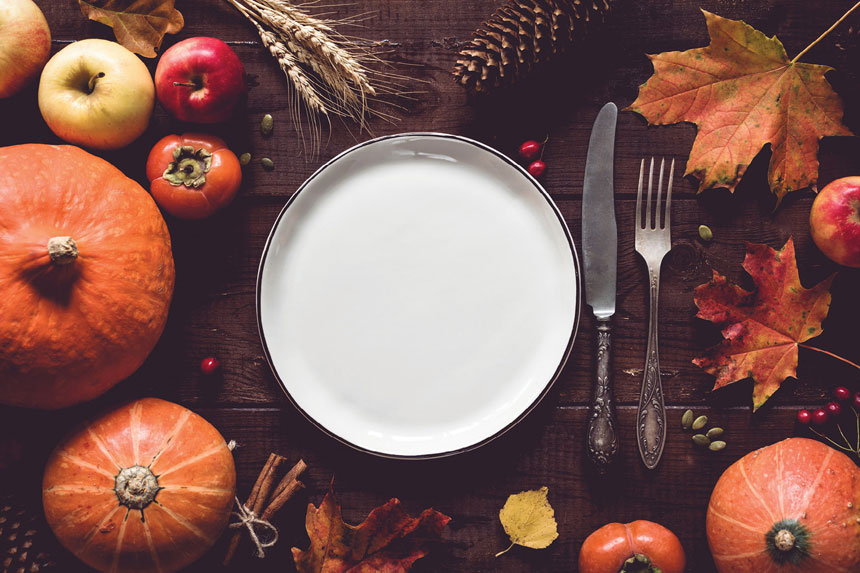The holidays are upon us, and once again that old familiar feeling creeps into the hearts of millions of Americans: dread. That’s because for far too long, far too many have been trapped in a cycle of holiday obligation.
Look, we love Norman Rockwell around here. It’s practically a requirement for the job. But where Rockwell captured an idealized vision of familial celebration that millions continue to enjoy, the truth is that not everyone is quite that lucky. And many people do a disservice to their own mental and physical well-being by dragging themselves to family gatherings that just aren’t healthy for them, even if they skip the desserts.
That conclusion has been supported by countless articles and studies. One 2011 Psychology Today article even asked the question, “Are your loved ones hazardous to your health?” The writer, Melanie Greenberg, a Ph.D. and licensed clinical psychologist, pointed out that not only can toxic relationships and related stressors have a negative impact on our health, but the ways that we deal with those stressors (including drinking and self-medication) can be even more harmful.
That’s not to say that Turkey Day has to be a complete loss. It does, however, mean that you should take a careful inventory of your holiday obligations by leading with one big question: Is it worth it? Yes, it may seem strange to make a cost-benefit analysis of whether combative cousins are worth Grandma’s traditional oyster dressing, but it’s not wrong to put your long-term health above someone else’s seating chart.
Case in point: My friend Jervé regularly attended family Thanksgivings throughout their childhood and teen years. But by the time they had reached adulthood, they realized that every single supposed celebration was marked by some kind of major fight. It could have been sibling versus sibling or son versus mother or mother versus daughter or any combination, but it always happened. And that led to stressing about the holiday weeks in advance. Eventually, they decided to just stop going and were rewarded with not feeling like the fourth Thursday of November was a constantly impending purgatory.
There’s another side of the obligation issue, and that’s how long you want to participate in someone else’s tradition before you create your own. It’s possible that some people dread family gatherings because it forces people back into roles from which they’d escaped. A person who is one of four children could have gone on to a fulfilling career with a family of their own, but once the family unit of origin is back together, they have to grapple with the drag of being the baby, or the oldest, or the middle kid. When you run your own holiday celebration, you get to just be you.
Granted, this may not apply to everyone. I’m sure there are families out there who are flesh-and-blood versions of Rockwell’s painted perfection, and they probably anticipate the winter holiday gatherings in the same way that the little ones wait on Santa. But for many of us, that anticipation is more like a cold shower than a warm blanket. So if you find that you aren’t looking forward to that family function, it’s not wrong to give it a miss. Your mental and physical health just might end up giving thanks to you.
This article is featured in the November/December 2023 issue of The Saturday Evening Post. Subscribe to the magazine for more art, inspiring stories, fiction, humor, and features from our archives.
Become a Saturday Evening Post member and enjoy unlimited access. Subscribe now



